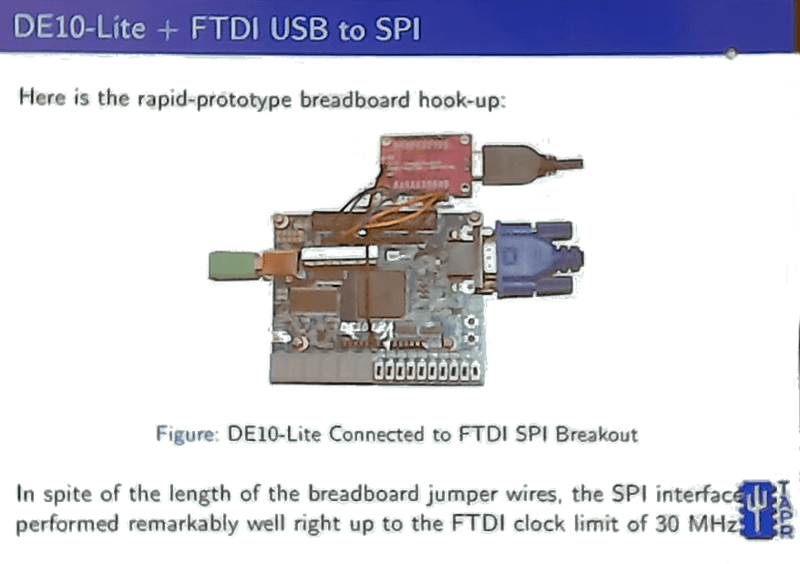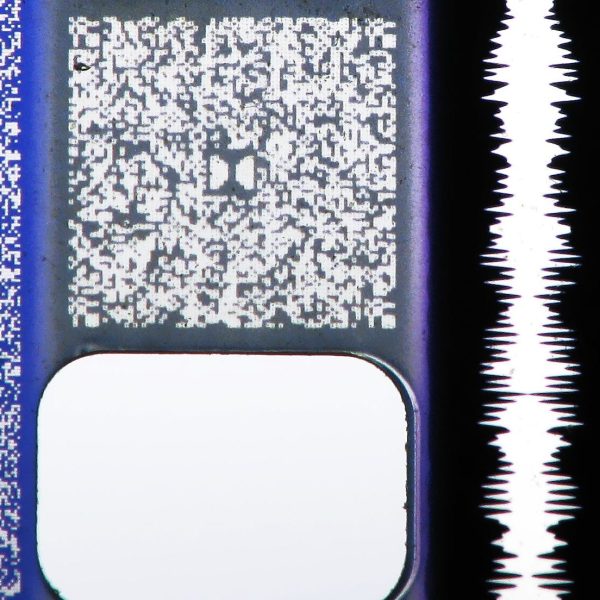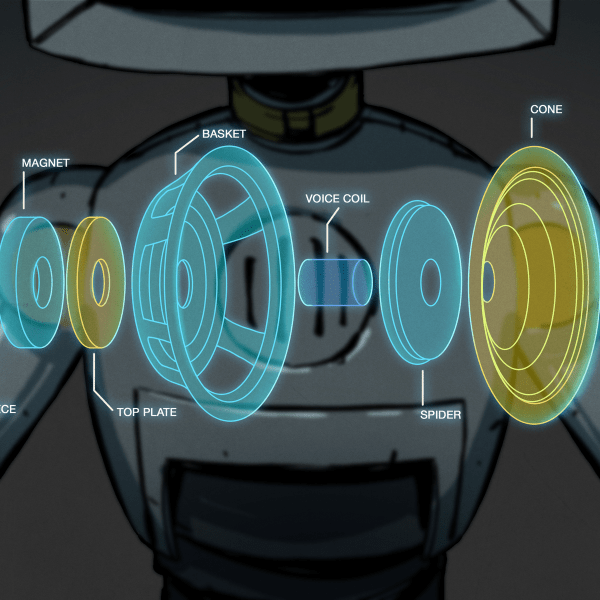[KF5N] admits he’s not a digital design engineer; he’s more into the analog RF side of things. But he’s recently taken on a project to communicate between a Ubuntu box and an Intel MAX10 FPGA. He did a presentation at a recent ham radio convention about what he’d learned and how you could get started.
The video talks a lot about the Intel (used to be Altera). However, the nearly 40 minute video after the break isn’t a step-by-step tutorial so even if you are interested in other devices, you’ll probably enjoy watching it. If you’ve programmed even one FPGA, this video likely won’t hold your interest — you aren’t the target audience. However, at about 00:31 he does recommend some books and some very inexpensive FPGA boards, so it’s not a total wash.
[KF5N] talks about what an FPGA is and how it’s different from a microcontroller. He also recommends Cornell’s [Bruce Land’s] course materials. He wasn’t a big fan of the online courses he tried. Of course, since he’s using an Intel chip, he also recommended the Intel courses. A lot of the video covers how to save on getting a development board. The Cornell class calls for a $250 board that is pretty powerful. That’s also pretty expensive, so he recommends a lighter version for about $85.
He also talks about the toolchain and his project to interface to his Linux box. He wound up with an SPI interface that ran up to 30 MHz. He also talks about using Julia to build a driver to talk to the interface on the PC side.
We didn’t notice him mentioning our own FPGA bootcamp, although he did mention projects on Hackaday.io. If you want to see a similar video but with open source tools, [David Williams] did a talk at Superconference that gives the same kind of overview but with Yosys and other related tools.
















Thanks for sharing your journey … awesome job getting this all running on your own!
If Intel would provide open-source flows / toolchains, you’d see a _lot_ more people doing it on their own.
Thanks for the acknowledgement, I was on here looking for information on the Arduino Vidor and I found this!
I will check out your FPGA boot camp for sure.
Does anyone know if the Vidor is still being actively developed? I researching boards for my next FPGA project.
My general impression is that there is not much activity with this board. Is it dead or alive?
73 Greg KF5N